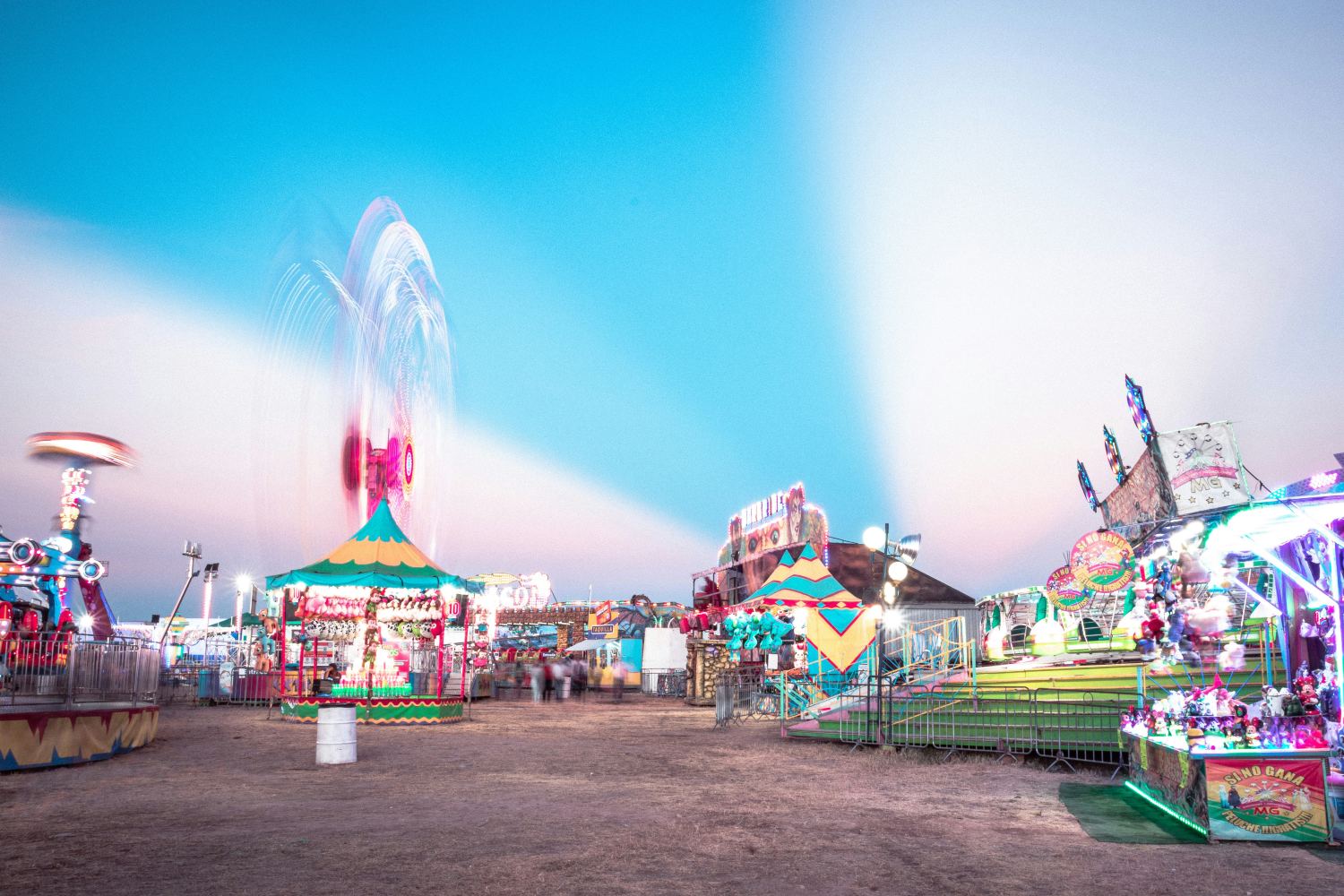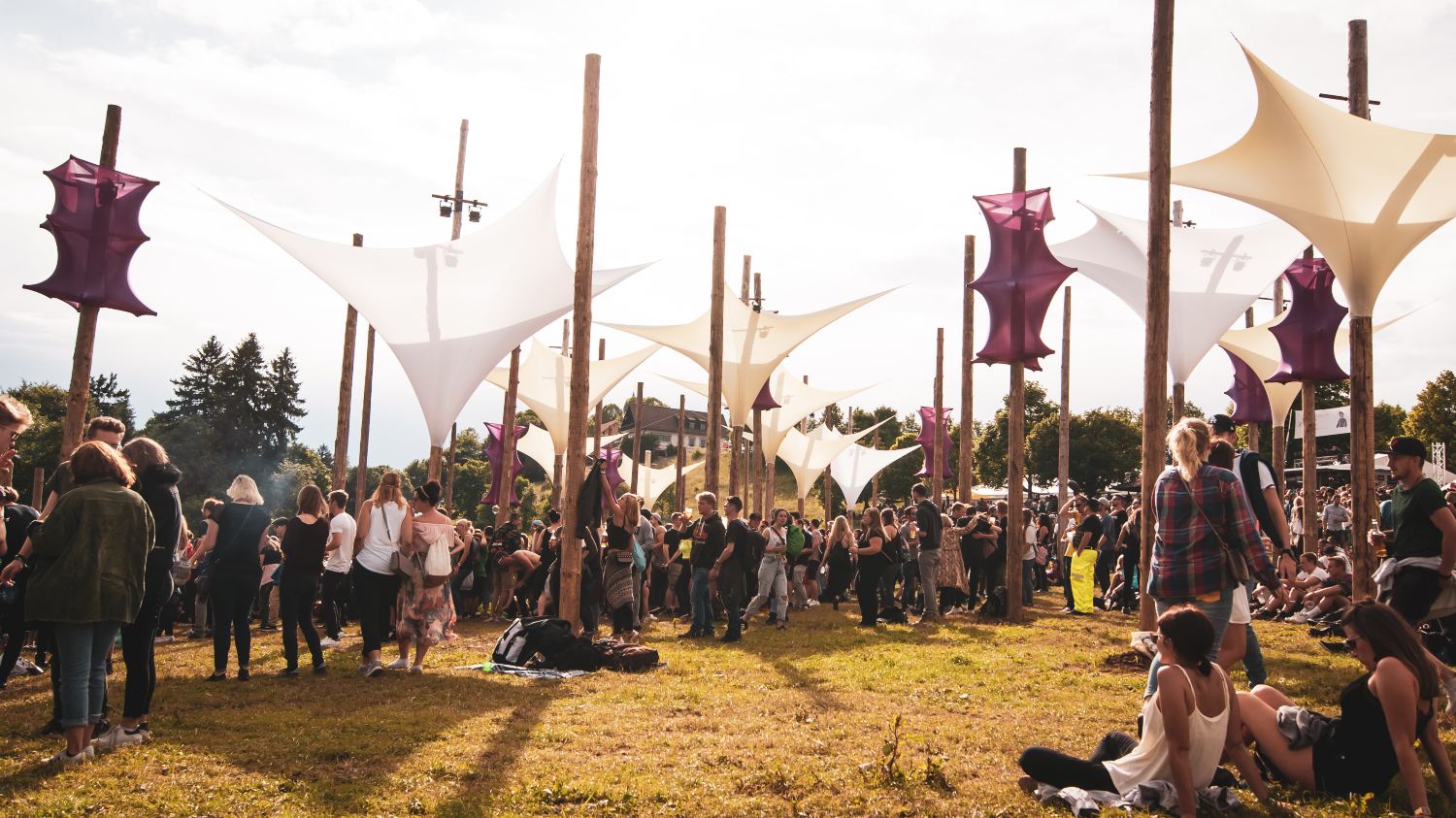If you’re running an event, you’ll need to consider adequate event security to make sure everything runs smoothly.
From screening guests, checking ID and searching bags right through to dealing with accidents and incidents, event organisers should never overlook the importance of a strong security provision.
Event security planning checklist
- Have you mapped out your event and run through hypothetical security scenarios to make sure you’re employing the right number of security staff? Take specific care to note the many and varied entrance points.
- Have you conducted a thorough risk assessment? Identify potential security issues, hazards or controversies and plan for them accordingly.
- Have you selected an SIA-approved security contractor? Have you seen the staff’s SIA licence number?
- Have you made your security provider aware of your licences to ensure compliance?
- In advance of your event, does each member of staff know their specific roles and responsibilities?
- Have you reminded staff of their brief on the day, and ensured they’re familiar with the event layout and general operation? Make note of who has delivered this brief and when.
What security presence should you consider?
Depending on the type of your event, you should consider CCTV operators, door supervisors, security guards and patrolling guards. Each type of security will require staff to hold a different license – so make sure you are familiar with this and check each license on the day to ensure compliance.
Your security requirements will increase if your event is selling alcohol within a “licensable area”, you’re restricting access to certain areas or if you require security at the front of a staging area.
Design a map of your event area and plan where your security staff will be placed. You should also make sure you know who would deal with an emergency situation, and ensure you have enough security staff in place to continue protecting your guests should a more imminent, major incident occur.
You should consider security for private events such as weddings and parties, particularly if you are inviting a large number of guests. Security guards will ensure the environment is safe, any valuables or gifts are monitored and any accidents dealt with swiftly.
Hiring security for your event
Expecting staff or volunteers to provide security services for your event might not be viable, particularly for professional events with a high number of guests in attendance.
Professional security guards require a license which demonstrates their skill and expertise in providing quality security services. In the same way you wouldn’t expect a staff member to be responsible for cooking your guest’s food, you shouldn’t expect anyone apart from a trained professional to manage your event’s security. Security contractors can opt into the Approved Contractor Scheme, a scheme operated by the Security Industry Authority (SIA) which measures security suppliers against certain criteria to ensure a consistent, high standard of service.
Hiring cheap security that aren’t part of the SIA’s Approved Contractor Scheme could significantly damage your event’s reputation. Incidents are more likely to be dealt with inadequately and this could compromise your guest’s safety. If you’re not sure how to choose the right company, take a look at the official SIA guidance.
Individuals don’t need an SIA license if they’re:
- Only admitting people to your event
- Checking tickets
- Monitoring entrances and exits from a health and safety viewpoint
- Guiding or accompanying guests
- Dealing or helping with an unexpected incident
If your event requires someone to undertake specific guarding activities (such as checking bags, searching people, responding to anti-social behaviour or removing individuals from your event), then you must use a security contractor with licensed security professionals on their books.
The cost of hiring security for an event ranges from around £11 per hour per staff member (which, admittedly, is on the cheap end of the spectrum). The more niche your requirements, and the higher the risk involved could see the cost increase.
How many security staff do I need?
The local authorities may provide advice or recommendation on this, or the number of security staff may be a condition of your premises licence.
Generally you should employ one guard per 75 guests, in addition to guards placed in key sites around your event (such as on the doors, by the stage etc). Put simply, if you couldn’t watch the number of guests due to attend on your own, then you should consider security staff.
The larger your event, the larger the number of security staff is needed. This is because, as numbers increase, the risk increases. There’s more chance of people bumping into each other or confrontation, and more likelihood of people trying to sneak in contraband items or enter the event without a ticket.
Review your door policy
Every event should have a door policy, detailing:
- When the doors/entry opens and closes
- Re-admission rules
- Any age restrictions
- What ID is required to gain entry
- Ticketing requirements
- Bag policies / restricted items
- Food and drink policies
- Right of refusal
Your door staff should know this policy inside out and should abide by it. This will ensure consistency, which will help keep guests safe and help your event run in an orderly fashion.
Increase preventative measures
Inadequate bag searches simply feel like security theatre. A security professional should thoroughly check all bags and belongings, being able to spot potentially dangerous or contraband items.
If you’re concerned security staff won’t pick up on major incidents, you should consider installing and monitoring CCTV. Many venues will already have a CCTV system but, if you’re holding an event in a large outdoor space or a venue less familiar with large-scale events you should consider hiring in or purchasing a CCTV system. The footage will help you to document any incidents, act as a deterrent and help you defend against any spurious insurance claims.
Look out for suspicious behaviour
You and your security staff should be on the lookout for any abnormal behaviour. Evidence shows terrorists visit the venue of their attack days before the actual attack, to work out any security weaknesses and to become familiar with the layout.
All staff should be aware to flag any suspicious behaviour. Often it’s simply a gut instinct or a person staring too much / avoiding engagement that leads staff to become suspicious. It may seem awkward to report a guest to security because of a feeling, but it’s far better to be safe than sorry and your security guards will be able to more closely monitor the guest. Remind staff not to deal with confrontations themselves – they must communicate with the security team.
For particularly large events, armed security is unfortunately a necessary protection. In high crime areas or highly publicised events, chances of an extreme incident happening are much higher. Armed security helps make sure guests and employees feel safer.
The link between security and alcohol
You shouldn’t serve alcohol to anyone who is clearly intoxicated. And your door supervisors and bar staff should always check ID to ensure those under 18 are not able to purchase alcohol at your event.
Alcohol is involved in half of murders, rapes and assaults, and 40% of violent inmates were under the influence of alcohol when they committed their crime. So the correlation between intoxication and the chance of an aggressive incident is clear.
If you’re selling alcohol at your event, and it’s likely to be a boozy affair, make sure you’ve taken this into account when planning your security needs.
Never allow your venue to go over maximum capacity
Crowd control is particularly important for any event, and security staff should be well-trained in crowd management. They should feel comfortable keeping guests within boundaries and identifying rowdy or suspicious guests within the crowd.
Furthermore, your staff and security guards should make sure the crowd never goes beyond your capacity limit. They should keep a firm track of total numbers to make sure you’re complying with regulation.
You should also check your insurance Policy Wording as some policies will limit the number of people you can accommodate at your event.
Don’t be careless
Thieves rely on carelessness, so make sure you’re looking after your takings and equipment and taking adequate precautions. Don’t leave expensive equipment unattended and make sure you have a solid procedure in place for banking your takings.
Your staff might be so busy keeping an eye on guests that they’ll forget to look out for potentially dishonest fellow employees and volunteers, too. Employee theft costs UK businesses more than £190 million annually, so don’t be complacent. Make sure you have adequate checks and procedures in place, so it’s easy to go back and identify where the problem has occurred. Again, installing CCTV will not only help to deter thieves, it will help you investigate the theft should an incident occur.
What are your responsibilities when it comes to security?
You have a legal responsibility to create a safe environment for your staff and guests. Employing adequate numbers of door staff, checking bags and employing licensed security staff to help deal with unexpected incidents can all help to ensure your guests are protected throughout your event. While an incident such as a fight can be extremely upsetting for everyone involved, having the procedures in place to dissipate the problem and remove the key offenders will prevent the incident from escalating.
If you’d like to know more about how to identify and mitigate risks at your event, contact our specialist team.


